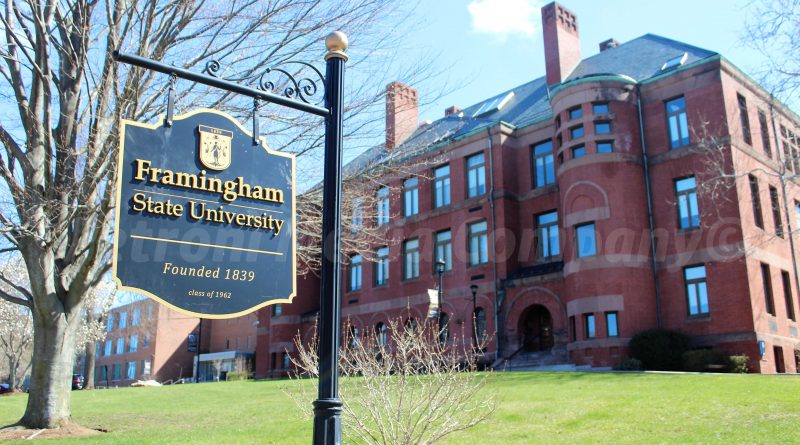[broadstreet zone=”51611″]
FRAMINGHAM – Beginning this week, 11 faculty members from Framingham State University and 4 from MassBay Community College will take part in the Framingham State University STEM Racial Equity Institute, which is the centerpiece of a $1 million grant FSU received from the Howard Hughes Institute (HHMI) in 2018.
The participants will spend five weeks learning about a range of issues pertaining to race and equity with the goal of developing professional skills and pedagogy to actively fight racism through their work as faculty.
Ultimately, the goal is to increase the success of first-generation and underrepresented students in the STEM subjects, and reduce the significant opportunity gaps that exist nationwide.
[broadstreet zone=”53230″]
The institute participants include both full and part-time STEM (Science, Technology, Engineering, Mathematics) faculty members.
“Among our peers with HHMI Inclusive Excellence grants, we appear to be the only University being this aggressive in trying to educate STEM faculty about these issues,” said Catherine Dignam, chair of Framingham State’s Chemistry and Food Science Department, who led Framingham State’s efforts to obtain the HHMI grant.
[broadstreet zone=”70106″]
As a precursor to the development of the institute, during the summer of 2019 Framingham State had 10 faculty members and 10 administrators participate in the University of Southern California’s (USC) Equity
Institute, which helped them develop a shared model for inclusive excellence and racial equity.
That group developed the curriculum and program for this summer’s institute.
Learning objectives include gaining an understanding that all STEM teaching is racialized, developing a project that will expand anti-racist pedagogy, and having each participant become a leader and advocate for anti-racism at Framingham State.
Participant are being provided with a stipend and have been asked to clear any other professional obligations from their schedule so they can focus solely on the institute.
[broadstreet zone=”58610″]
Following its completion, the focus will move to assessing the effectiveness of the program. That will include looking at student success in the classrooms of the participating faculty to see if racial gaps that exist between white students and students of color in the STEM subjects are positively impacted. There will also be focus groups with students who have taken classes with faculty who took part in the institute.
“This is our pilot year, so there will be refinements to the institute based on what we learn,” said Dignam. “We have funding from HHMI to run the institute for two more years. After that, we will need to figure out a model to make it self-sustaining.”

